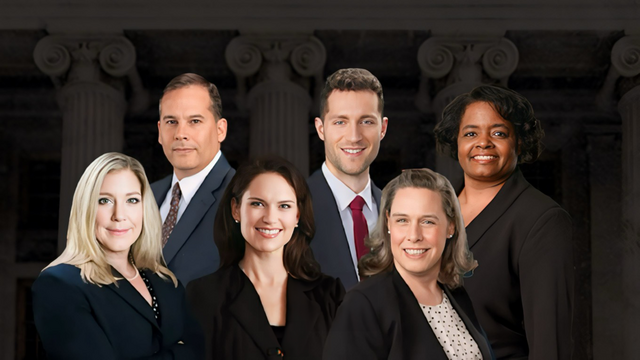Defending Virginia Drug Charges
Once a person is charged with a drug offense what happens next depends entirely on what offense that person has been charged with. If an individual is charged with simple possession of marijuana, often the charging officer will allow an individual to be released on a summons. This means that the individual with the drug charge will not be arrested, but will be given a ticket, similar to a traffic ticket. There will be a court date on the ticket and the person will be asked to sign it promising to appear in court on the specified court date.
If, however, a person has been given a more serious drug charge, there is a strong chance that that person will be placed under arrest and taken in front of a magistrate. The magistrate is usually located at the jail that the person is taken to. The magistrate will hear the officer’s version of the case, ask the accused where she or he lives, works, and if they have any prior arrests or convictions. Ultimately, the magistrate will determine what, if any, bond will be granted to that person.
If an individual is given a bond, she or he may be released on his or her own recognizance or required to pay a cash or corporate surety bond, which is when a bondsman pays the bond in exchange for a fee of 10%. Once the accused is released from jail, the next step is an arraignment, which is a court hearing that is usually set within 10 days after an arrest.
If you have been arrested for a drug charge, contact a Virginia drug lawyer for assistance building a defense today.
Criminal Records
Once a person is apprehended and charged with a crime, only the arrest will appear on their record. After the accused is identified, fingerprinted, and a mug shot is taken, that information is sent to the national database that maintains criminal histories. At that point, it remains on their record until a judge grants an order of expungement and the police are required to expunge it.
In terms of having a charge expunged from their record, once a person is charged, the only way that the charge can be dropped is by going to court. If a person is formally charged, it is unlikely that those charges will be dropped right away.
Constitutional Issues
The main constitutional defense strategies that we use in drug cases revolve around the Fourth and Fifth Amendments. The Fourth Amendment prohibits unreasonable searches and seizure. That has been interpreted by the courts to mean that the police must have a warrant to search a property. There are however multiple exceptions to the warrant requirement. Accordingly, attorneys will always look at the circumstances of a search to determine whether it was conducted pursuant to the requirements and/or exceptions to the Fourth Amendment.
People have a Fifth Amendment right to remain silent and to not provide evidence against themselves. They also have the right to be advised of those rights as established in Miranda versus Arizona, a Supreme Court case, when they are under arrest. A person that has been arrested is in custody and subject to an interrogation. That means that the person is not free to leave and the government is actively asking that person questions about his or her involvement in the crime.
If a person is not in custody, which means that the police are talking to that individual, but she or he is permitted to leave at any time, there is no obligation for the police to advise that person of his or her rights. A person’s constitutional rights grant them the right to:
- Remain silent
- Have an attorney
- Terminate questioning at any time
When the police place someone under arrest and they extract a statement from that person without properly advising them of their rights or getting a waiver of those rights, that statement can be ruled inadmissible. This can be used as a strong defense tool for a Virginia drug charge.
For example, if the police find drugs in a person’s car, place that person under arrest, and on the way to the jail ask where they got the drugs, the response cannot be considered in court if the person was not advised of their right to remain silent.
The Role An Attorney
A defense attorney will also explore any possible Virginia drug charge defenses to ensure that the accused gets a fair trial. In any criminal law case, there are always potential legal issues, excluding what the police allege is the criminal act, that could impact the outcome of a criminal case. Additionally, an attorney will ensure that the client is not convicted when the prosecution is unable to meet their burden of proof in the criminal case.
If a person’s constitutional rights have been violated the attorney will file a motion to suppress. A motion to suppress must be heard in open court prior to trial. If the mistakes are statutory in nature, there is a chain of custody or lab related issue that will present itself. The rules are different, but the attorney may still use that information to cast doubt on the state’s case against the accused.




